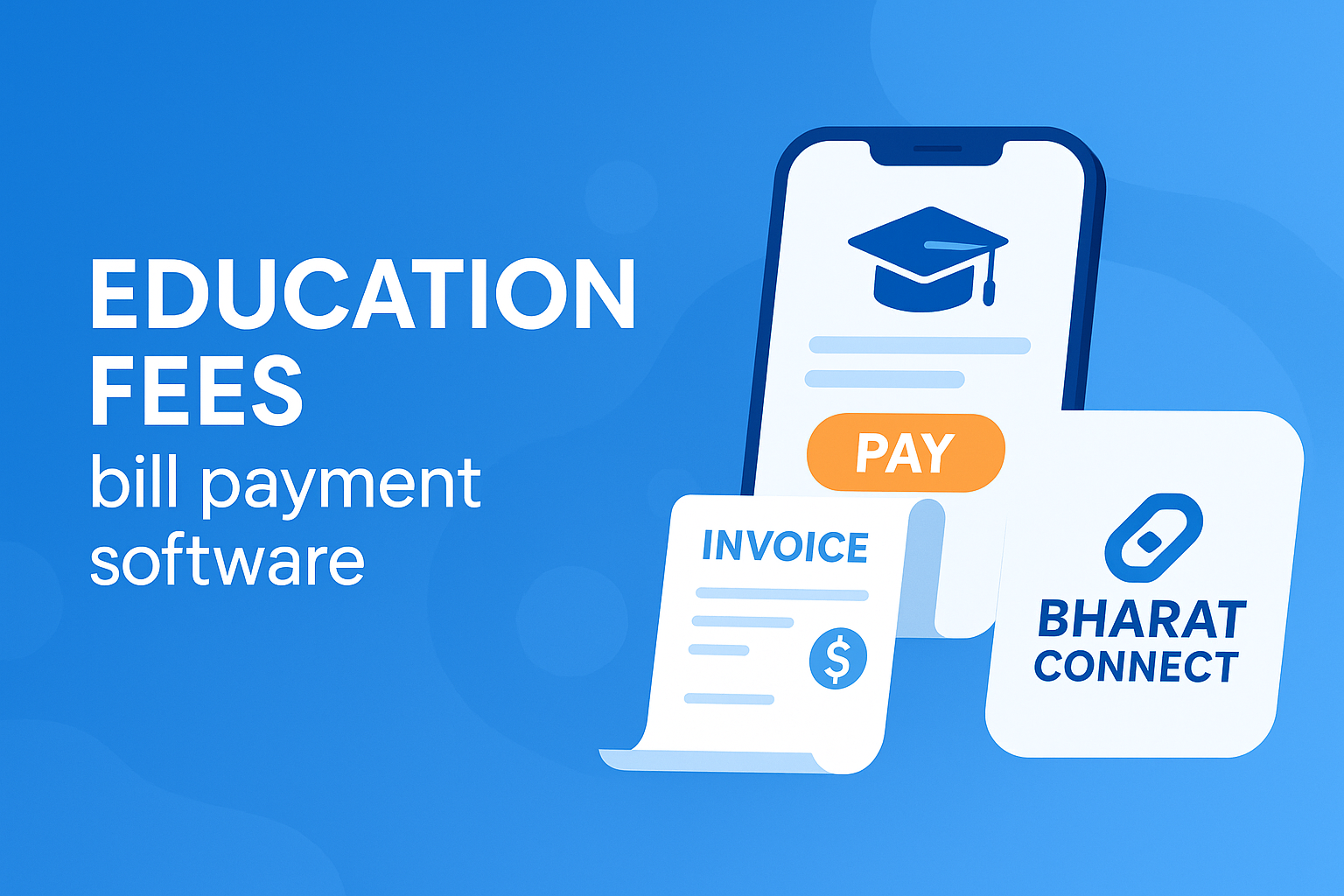
Education fees are an essential component of the overall cost associated with attending public schools. These fees can vary significantly based on the region, type of programs offered, and resources available within the school district. Public schools are primarily funded through local, state, and federal tax revenues, which means that tuition is generally not charged for attending. However, certain extracurricular activities, special programs, or advanced placement courses may come with associated costs.
Many public schools offer a range of educational and extracurricular programs aimed at enhancing the learning experience for students. While participation in core academic programs remains free, families may incur additional expenses for items such as textbooks, uniforms, field trips, supplies, and technology fees. These costs are often necessary to ensure that students have access to quality learning resources and experiences. It is important for families to be aware of these potential fees when budgeting for their child's education.
Additionally, some public school districts may implement a sliding fee scale or offer scholarships and financial aid to help mitigate the burden of educational expenses. This ensures that all students, regardless of their family’s financial situation, can participate in various programs and activities. Parents are encouraged to communicate with school administrators for detailed information about potential fees, any available financial assistance, and payment plans that may be offered.
Public schools strive to maintain a quality education for all students while managing their educational fees effectively. This balance is crucial for fostering an inclusive learning environment that allows every child to thrive academically and socially. As such, it is beneficial for families to stay informed about the various educational fees related to public schools and their implications for their child's educational journey.
